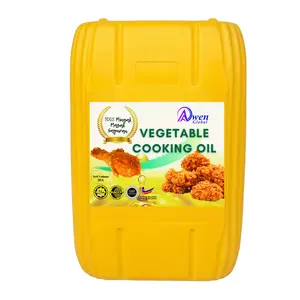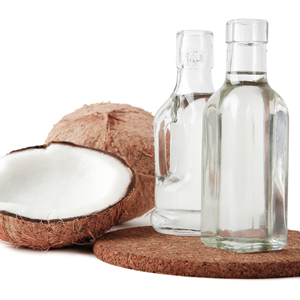Refined Coconut Oil
Refined deep frying coconut oil is extracted from dried coconut meat, known as copra. The refining process involves bleaching and deodorizing, yielding an oil with a neutral flavor and a high smoking point of approximately 450°F (232°C). This makes it ideal for deep frying, as it can endure high temperatures without burning or breaking down.



































































